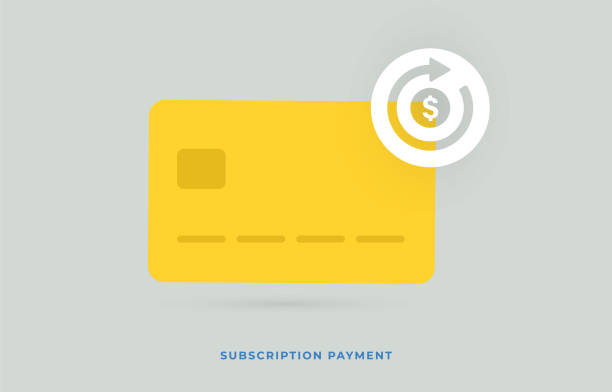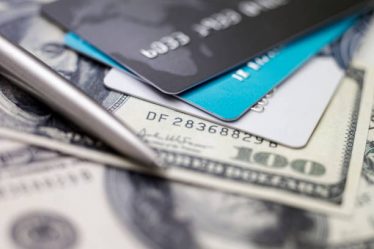
It’s crucial to regularly check your credit score because it is how lenders assess your creditworthiness. It’s like this: Your credit report is your homework, and your credit score is your rating.
It is possible to pull your credit reports and check for errors. However, simply looking at your credit reports might not be enough to determine if your credit is “good”. We encourage people to make sure that credit reports are accurate and that they reflect positively on themselves. Your credit score is what you think about yourself.
How much does it cost?
Checking your credit score is not free. You may have to pay depending on where you live or which score you check to access this information.
It is important to understand the differences between FICO scores and VantageScores. FICO scores are what most lenders use when evaluating your creditworthiness. You can see your FICO score to find out what scores lenders look at when you apply for a loan. They are not inexpensive. Currently, it costs about $20 per score. Therefore, getting your scores for all three credit bureaus (TransUnion and Equifax) would be around $60.
VantageScores can be an alternative that bureaus have created. These scores cost half the price of a FICO score. When you go to www.annualcreditreport.com and get a free credit report, the bureaus will sell you your score as well–this is a VantageScore they’re offering. We don’t usually recommend that people pay extra for their scores. VantageScore isn’t against this, but it is important to remember that scoring and checking your report are not synonymous. You should only purchase the score when you need it.
When should I purchase a credit score?
You can verify your credit report accuracy and not worry about the score if you are trying to protect your credit rating. You should not pay for a score if you are investigating identity theft or recovering from being a victim. Don’t spend money on a score if accuracy is what your goal is.
If you have verified your credit report and want to know how your credit score is, you can obtain a score. This is a must before you apply for a major loan. Check your credit score three months before submitting your loan application. If it isn’t as high as you need it to be, take steps to improve it. Pay off any outstanding charges, reduce balances, and ensure everything is up-to-date. The creditors may take a few billing cycles before they report the new payments and balances to the bureaus. This will allow you to improve your score.
For more information on improving your scores, see our article ” 5 Steps You Can Take To Improve Your Credit Score“.
Your auto or home insurance rates are another thing that scores can impact. This varies from one state to the next, depending on where you live. You might also want to borrow money or improve your credit score before you apply for new insurance policies or change insurance companies. A few states have taken preventive measures to protect consumers from credit-based insurance scores.
What score should I purchase?
VantageScores are less expensive, so you might be tempted to check them first. These scores are worth looking at if you need to know if your credit is good, how it has improved and so on. However, they are not as useful for checking before borrowing. FICO claims that 90% of top lenders use their score. If you are looking to borrow money, you will want to check the FICO score.
What is the deal with free credit scores?
This is where things can get complicated. There’s no reason not to check your credit score if you have access. However, not all “free” credit reports can be obtained. It would help if you were cautious.
Credit card lenders may offer free reports and scores to customers. This is the best way of getting a score. As a customer, your lenders will buy it on your behalf. There are no tricks or gimmicks. Just a free score. CFPB has a list of companies offering free credit scores for their customers.
We also discussed some services in our article ” How to Get a Free Credit Score“. These include CreditKarma and Quizzle. You will receive a VantageScore free of charge in exchange for signing up. They will use your information to send you targeted ads. This is a great way to get a credit score for free if you have no privacy concerns about this type of advertising.
A second model that offers free credit scores is not free. As an incentive, some companies offer credit scores for free in exchange for signing up for a credit monitoring service. Although you get your credit score free of charge upfront, it’s impossible to cancel the monthly fees you start receiving. Although there are many reasons to purchase credit monitoring, we encourage people to do so with open eyes and not be tempted by the free credit score.
The law gives you a free credit score and credit report if you are denied credit. This law was discussed shortly after it was modified in our post ” Get A Free Credit Score If You are Denied Credit“.
Where can I get my score?
You can review your credit report and score with a certified financial coach if you aren’t sure. This is the best option if you don’t mind doing some heavy lifting.
If you have a good understanding of credit and want to see your score before applying for a loan, myFICO.com is the best option. You can also check with your credit card company if they offer a free FICO score.

